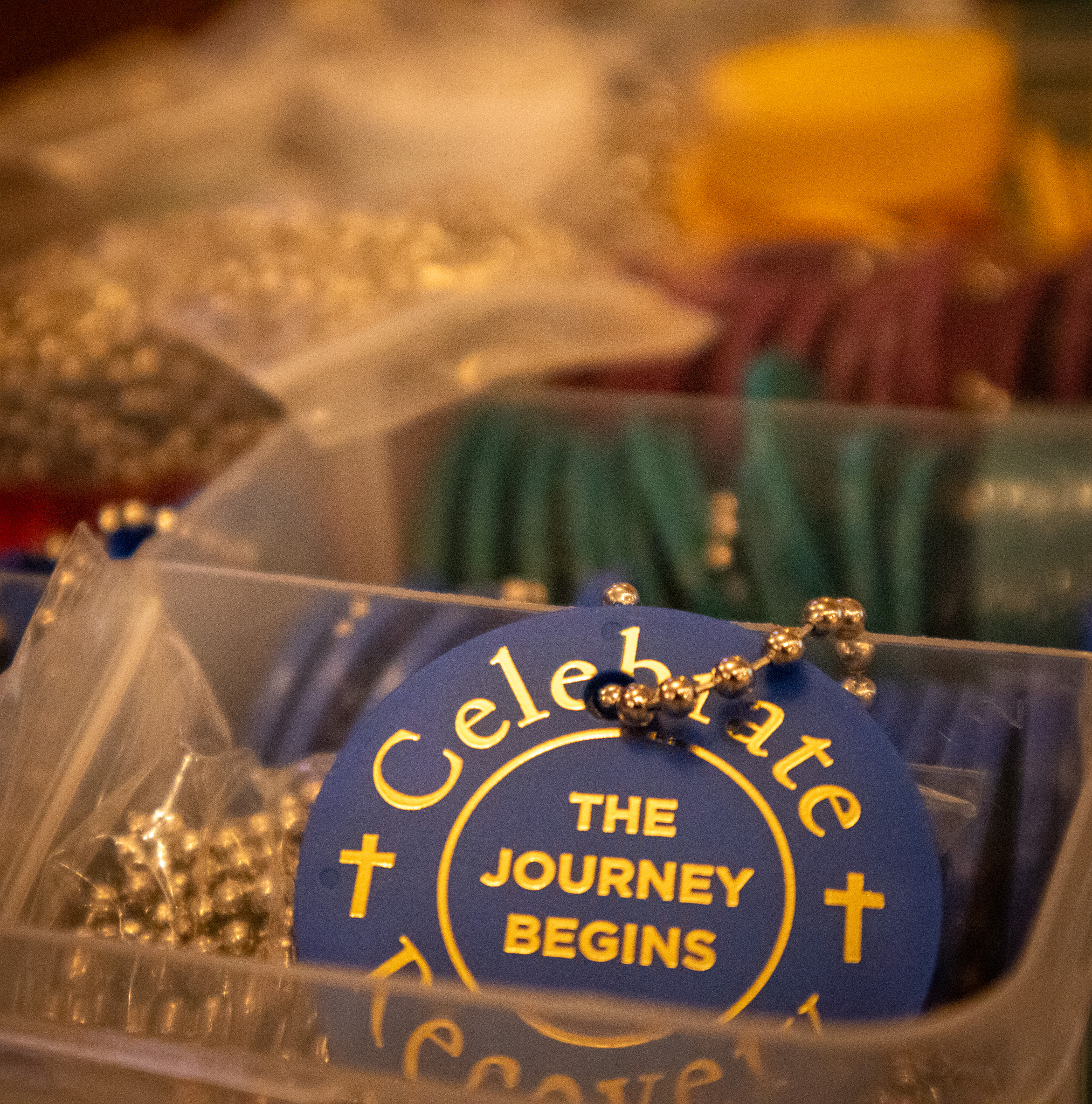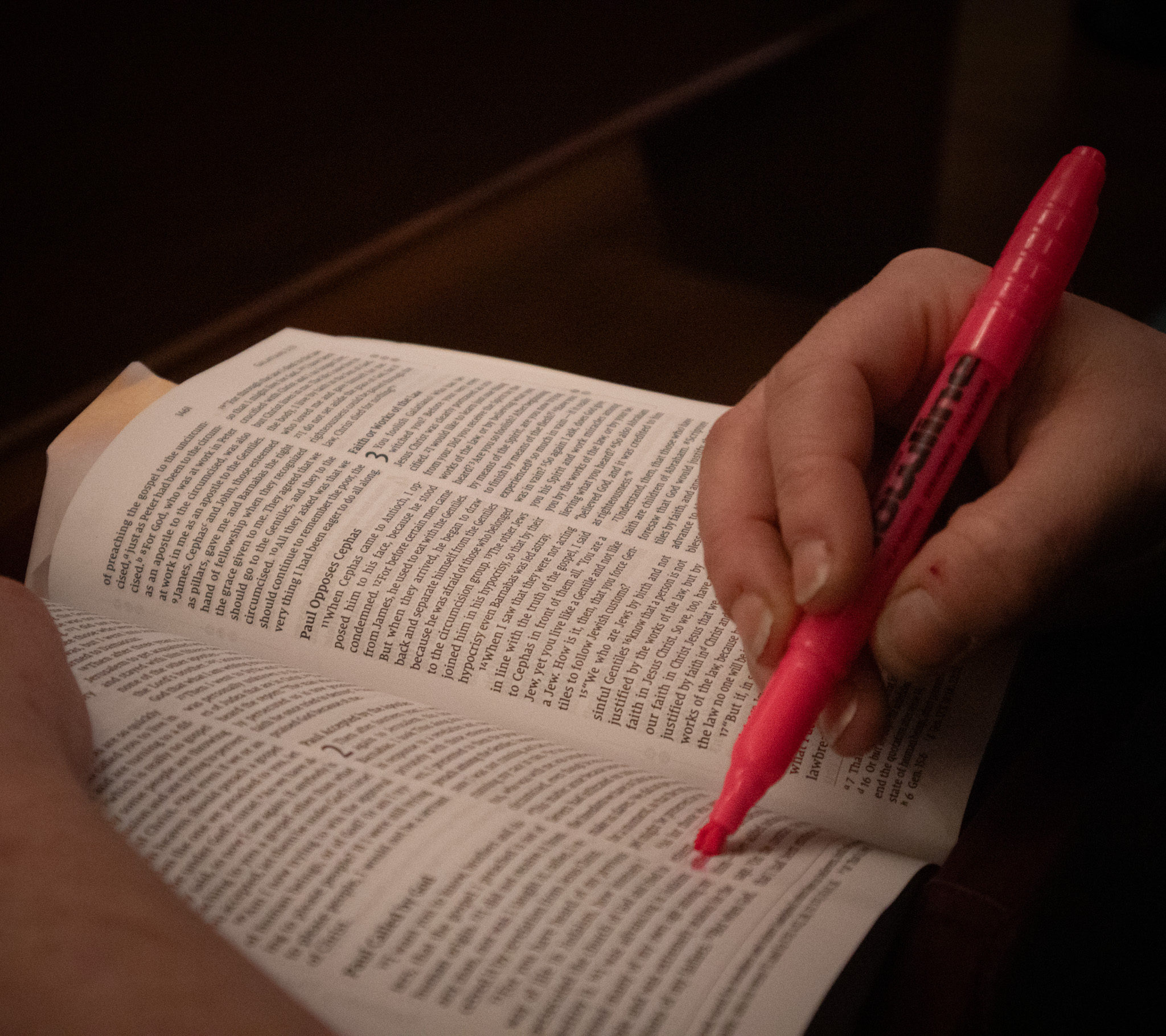Sobriety Chips
Sobriety chips in Celebrate Recovery are meaningful tokens given to individuals as they reach various milestones in their recovery journey. Here are some important things to know about the chips:
Sobriety Chips: These are coins used to mark special occasions, sobriety, or time in recovery. The first year is measured in months, and individuals receive a chip for each month of sobriety.
Importance: Sobriety chips are important because they symbolize hard work, dedication, and the milestones reached on the road to recovery. They serve as a tangible reminder of progress and the personal victories achieved during the recovery process.
Material Change Over Years: Initially, chips are made of lighter materials: plastic; representing shorter sobriety periods. As individuals reach significant milestones, such as one year or more, the chips transition to bronze, reflecting the durability and value of their sustained commitment.
Celebrating All Types of Recovery: Celebrate Recovery acknowledges that recovery isn’t limited to substance abuse. It’s a program aimed at all “hurts, habits, and hang-ups,” including anxiety, co-dependency, compulsive behaviors, and more. The program provides a supportive environment where individuals can celebrate progress in any area of recovery.
These chips are not just a measure of time but also a celebration of the steps taken towards healing and the support of the community that shares in these achievements.

12 Steps
The 12 steps of Celebrate Recovery are a set of guiding principles outlining a course of action for recovery from addiction, compulsion, or other behavioral problems, inspired by the teachings of Christianity. Here they are:
1. Admit Powerlessness: Acknowledge being powerless over addictions and compulsive behaviors, and that life has become unmanageable.
2. Believe in God: Believe that a power greater than oneself can restore sanity.
3. Decide to Turn Over Our Lives: Make a decision to turn one’s will and life over to the care of God.
4. Take a Moral Inventory: Make a searching and fearless moral inventory of oneself.
5. Admit Wrongs: Admit to God, to oneself, and to another human being the exact nature of one’s wrongs.
6. Be Ready for God to Remove Defects: Be entirely ready to have God remove all these defects of character.
7. Humbly Ask God to Remove Shortcomings: Humbly ask Him to remove shortcomings.
8. List of Persons Harmed: Make a list of all persons harmed and become willing to make amends to them all.
9. Make Direct Amends: Make direct amends to such people wherever possible, except when to do so would injure them or others.
10. Continue Personal Inventory: Continue to take personal inventory and promptly admit when wrong.
11. Prayer and Meditation: Seek through prayer and meditation to improve conscious contact with God, praying only for knowledge of His will for us and the power to carry that out.
12. Spiritual Awakening: Having had a spiritual awakening as the result of these steps, try to carry this message to others and practice these principles in all affairs
These steps are designed to be worked in sequence as a process of getting rid of addictive behaviors and growing closer to God.


